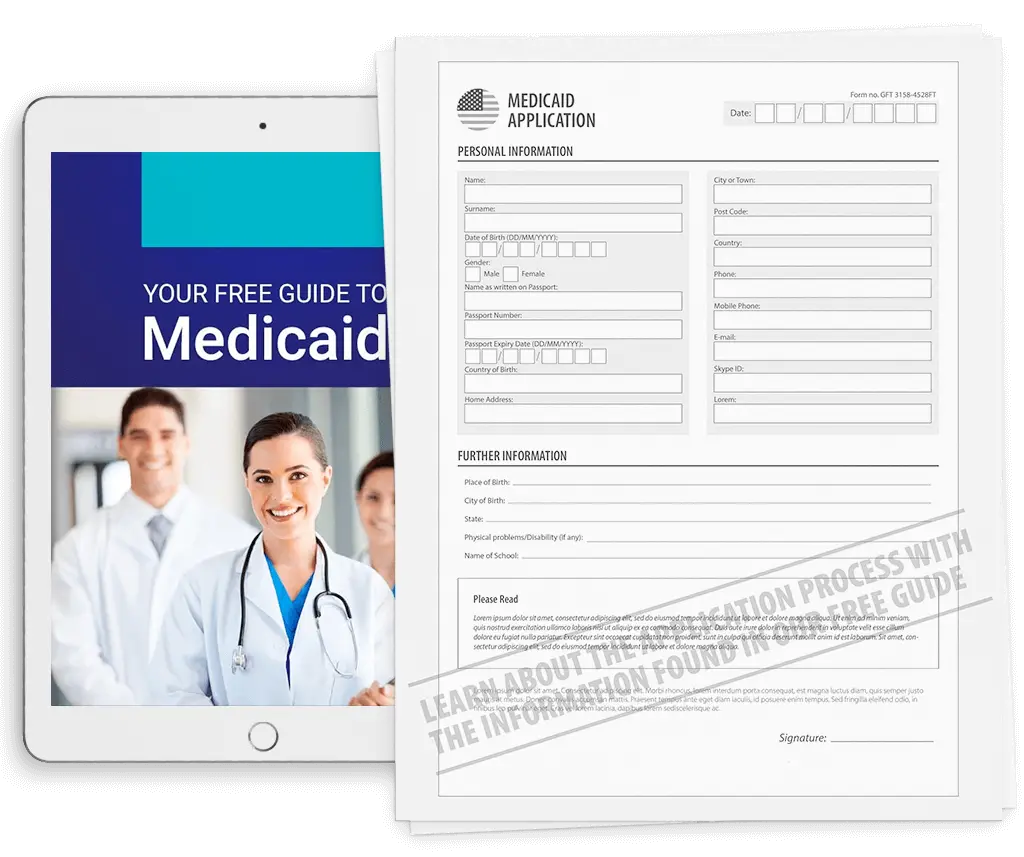When it comes to Medicaid eligibility, the federal government sets a few basic rules that all states have to follow, but states have the option to add their own rules as well. That’s why some states may only offer Medicaid to a small number of people while others give coverage to many of their residents.
To verify Medicaid eligibility, officials look at the information people give during the Medicaid application process. For anyone who wants Medicaid coverage, it’s important to understand what the requirements for Medicaid are, since this will make the application easier. Find out about the Medicaid application guidelines and requirements below.
Who can get Medicaid coverage?
The federal government has some strict rules that states have to follow when it comes to who can get Medicaid. This includes being younger or older than a certain age, disabled, pregnant or a parent. Sometimes, people who get Supplemental Security Income (SSI) may also meet the requirements for Medicaid.
For a long time, only the elderly or disabled individuals could qualify for Medicaid. Then in 2010, the Affordable Care Act (ACA) made it possible for states to give coverage to other groups. For example, under the ACA extension, low-income Americans can also get Medicaid even if they’re under 65 and not disabled as long as they live in a state that expanded Medicaid.
Details about Medicaid requirements and applying for health care assistance are available in our free guide.
How do I know if I can get Medicaid?
Requirements for Medicaid are set so the neediest individuals and families can find coverage. Depending on the state, the Medicaid program looks at financial and medical need, along with citizenship and state residency.
National rules for Medicaid look at a lot of information about an applicant. Here are some common requirements for anyone seeking benefits:
- Applicants must be U.S. citizens or legal residents of the country.
- Applicants must have a low gross annual income.
- Applicants must have vital medical needs.
Applicants will also need to show that they’re permanent residents of whatever state they are applying in. The application will ask for proof of income and other information. For example, to prove citizenship or residency, applicants will have to give their Social Security Numbers or immigration numbers.
People will have to meet an income requirement to get Medicaid health care coverage. This means that your annual income must be lower than a certain amount. If you have more people in your family, then the amount will be higher. The income requirement for Medicaid is different in different states. To get Medicaid, people will also need to meet an asset limit. This refers to money you have in the bank or property that you own. When you apply for Medicaid, you will have to show records and documents to prove your amount of assets.The Medicaid program does not count some kinds of income or assets. Also, the Medicaid program will count income and assets differently for some groups of people, like people with blindness or a disability.
Learn About Medically Needy Programs
Some states have “medically needy” programs for people who need health care and cannot afford it. These programs help people with medical costs, but their guidelines are different from Medicaid. Medically needy programs help people who have a low income but earn too much money to get Medicaid.
What are common Medicaid disqualifications? Having an income that is too high is a common reason why Medicaid applicants are disqualified. The program denies Medicaid to people who earn too much money. You cannot qualify for Medicaid if you are not a citizen or legal resident of the U.S. Also, applicants will not get Medicaid if they are not state residents in the state where they apply. People can also have their Medicaid application denied for not following the application guidelines. Applications must be complete, and the information on the application must be true.
